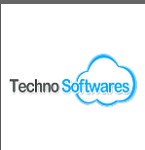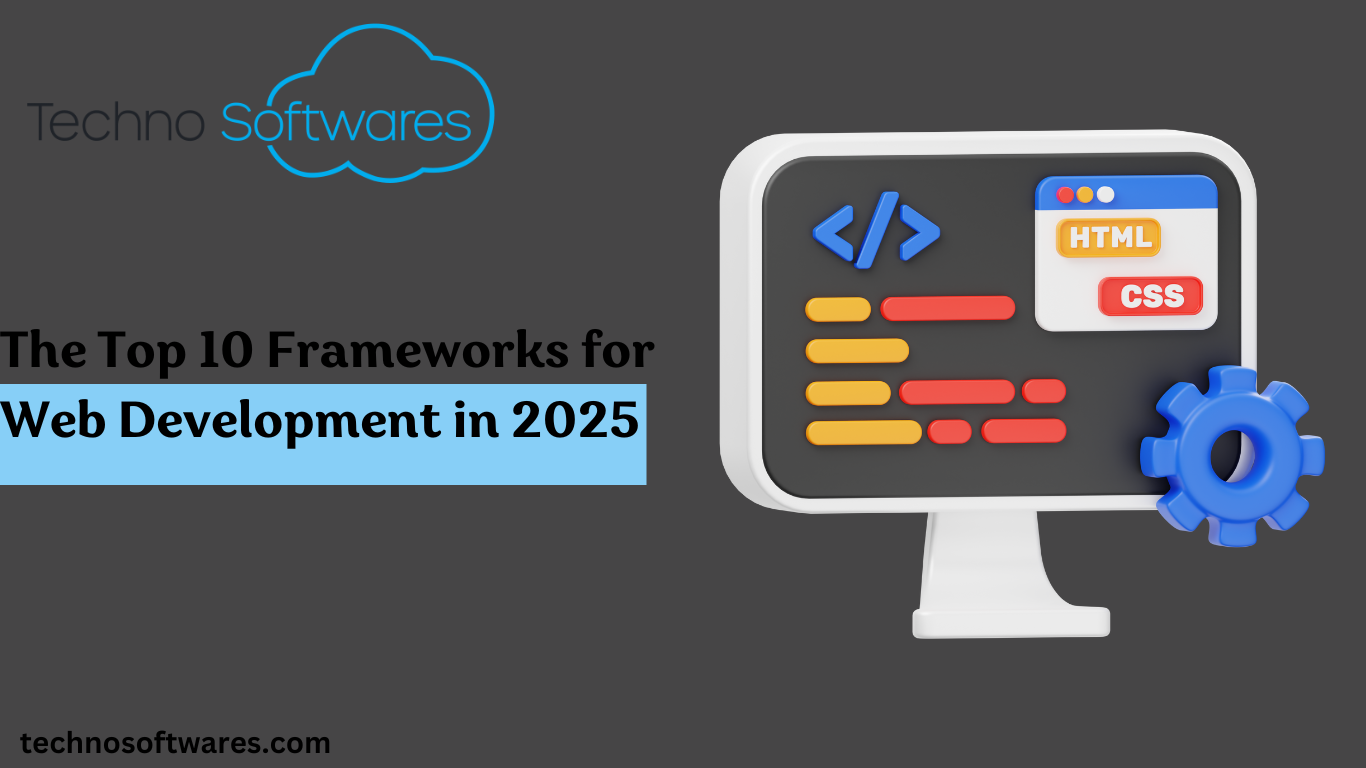The Top 10 Frameworks for Web Development in 2025
 Techno Softwares
Techno Softwares
In the continuous scenery of web development, staying in harmony with the latest frameworks is essential for developers to focus on building well-organized, scalable, and modern Web Development Services. With technology advancing swiftly, it's crucial to choose frameworks that not only meet current needs but also count on future trends. Here's a curated list of the top 10 frameworks secure to dominate web development in 2025.
1. React.js
React.js is still the industry leader in 2025, offering developers a comprehensive foundation for building user interfaces. It is quite good at creating dynamic and interactive web applications because of its virtual DOM and component-based architecture. For developers worldwide, React.js remains a highly recommended choice due to its active community and friendly environment.
2. Angular
The Google-maintained Angular platform continues to be an effective instrument for developing single-page applications. With its wide range of capabilities, including dependencies via injection, modular code development, and two-way data mandatory, Angular empowers developers to build programs that are both scalable and comprehensible. Its continued importance beyond 2025 is guaranteed by its latest updates and advancements.
3. Vue.js
Due to its ease of use and adaptability, Vue.js is still becoming more and more popular. Vue.js is a progressive JavaScript framework that has strong functionality for creating contemporary online apps and a low learning curve. With its quick efficiency and user-friendly syntax, Vue.js is poised to become a top option for developers by 2025.
4. Svelte
Svelte differs from other frameworks due to its creative approach to web development. Svelte transfers the effort to compile time, in contrast to other frameworks that rely on virtual DOM, producing extremely optimised and lightweight apps. Svelte is becoming more and more popular among developers in 2025 thanks to its expanding community and remarkable performance improvements.
5. Next.js
Developed with React.js, Next.js features an extensive framework to develop server-rendered and stable web pages. It is a successful platform for developing modern online applications since it provides both server and hybrid static, in addition to features like automatic code breaking and hot module replacements. Next.js is predicted to be a major player by 2025 due to the growing recognition of Jamstack architecture.
6. Nuxt.js
Based on Vue.js, Nuxt.js gives developers a framework for using Vue.js to create static and server-side generated webpages. Its convention over the configuration approach and built-in features like routing, state management, and server-side rendering streamline the development process. With the increasing demand for Vue. js-based solutions, Nuxt.js is set to thrive in 2025.
7. Express.js
With its versatile and clean design, Express.js remains the preferred framework for Node.js backend application development. Because of its strong middleware support and lightweight design, it's perfect for developing server-side apps and APIs. Even in 2025, Express.js is still a necessary platform for backend development even as Node.js gains popularity.
8. Django
The high-level Python web framework Django gives programmers a useful and effective toolkit for creating online applications. Its batteries-included philosophy, which includes features like authentication, ORM, and admin interface, accelerates the development process. With Python's popularity on the rise and Django's maturity, it remains a top choice for web development in 2025.
9. Laravel
Laravel is a complex PHP framework that always fails to astonish developers with its powerful features and creative language. It is a preferred alternative when creating PHP-based applications because of the concentration on the development process as well as capacities like Eloquent ORM, Blade templating engine, and artisan CLI. 2025 will still be an applicable year for Laravel because of its latest advancements and updates.
10. Ruby on Rails
Despite its reputation for prioritizing convention over configuration, Ruby on Rails is still a good option for developing web applications using Ruby. Developer productivity is increased by its opinionated style and integrated features like scaffolding tools and ActiveRecord ORM. Despite facing competition from newer frameworks, Ruby on Rails retains a dedicated community and continues to be relevant in 2025.
Conclusion
The web development industry is still changing as we move towards 2025 because of innovation and technical breakthroughs. The best frameworks this article highlights give developers a wide range of choices for creating cutting-edge, effective, and Professional Web Development Services. The ever-expanding web development toolbox has something for everyone, whether you favor the stability of backend frameworks like Django and Laravel or the flexibility of JavaScript frameworks like React.js and Vue.js. In the years to come, developers can use these frameworks to craft remarkable digital experiences by keeping up with the latest trends and technology.
Subscribe to my newsletter
Read articles from Techno Softwares directly inside your inbox. Subscribe to the newsletter, and don't miss out.
Written by

Techno Softwares
Techno Softwares
At Techno Softwares, we provide Custom Web Development Services. Grow your business with us.